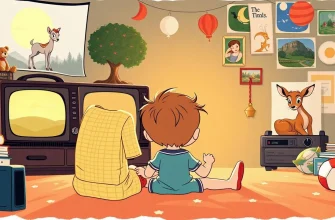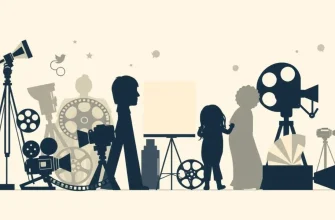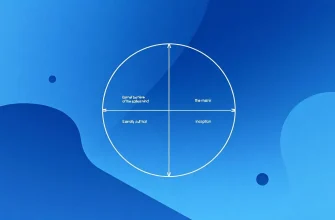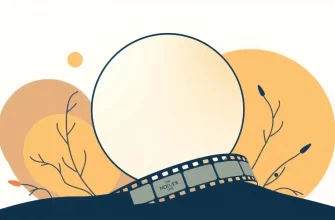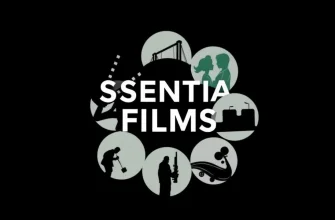Welcome to our curated list of films that redefine the art of storytelling with their intricate plots and unexpected twists. These films are not just movies; they are experiences that challenge your perceptions, keep you guessing, and leave you in awe with their narrative ingenuity. Whether you're a seasoned cinephile or a casual viewer, this collection promises to deliver unforgettable cinematic journeys that will linger in your mind long after the credits roll.
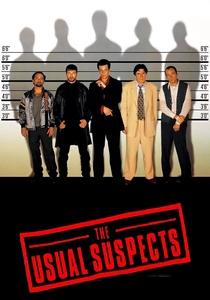
The Usual Suspects (1995)
Description: A group of criminals are brought together for a heist, but the real mastermind behind it all is revealed in a twist ending that has become one of the most famous in cinema history.
Fact: The film was shot in only 35 days. Kevin Spacey won an Academy Award for Best Supporting Actor for his role.
 Watch Now
Watch Now
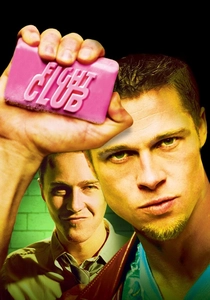
Fight Club (1999)
Description: An insomniac office worker and a soap maker form an underground fight club that evolves into something much larger, with a twist that redefines the protagonist's reality.
Fact: The film was controversial upon release due to its themes of violence and anti-consumerism. The book by Chuck Palahniuk was initially considered unfilmable.
 Watch Now
Watch Now
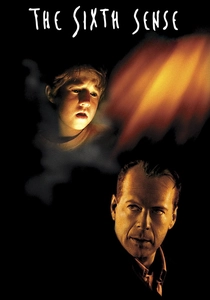
The Sixth Sense (1999)
Description: This film is a masterclass in misdirection, with a twist ending that has become legendary. It follows a child psychologist who helps a boy who claims to see dead people, only to reveal a shocking truth about himself.
Fact: M. Night Shyamalan wrote the script in just five days. The film was nominated for six Academy Awards, including Best Picture.
 Watch Now
Watch Now
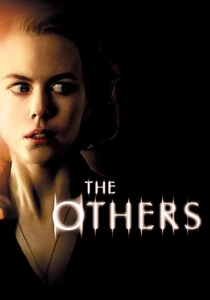
The Others (2001)
Description: A woman living in a dark, old mansion with her two photosensitive children begins to believe the house is haunted, leading to a twist that reinterprets the entire narrative.
Fact: The film was shot in Spain, but set in the Channel Islands. It was nominated for the BAFTA Award for Best Original Screenplay.
 Watch Now
Watch Now
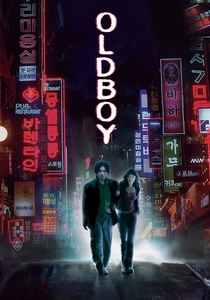
Oldboy (2003)
Description: After being mysteriously imprisoned for 15 years, a man seeks revenge on those who ruined his life, only to uncover a shocking truth about his captor and his own identity.
Fact: The film is based on a Japanese manga. It won the Grand Prix at the Cannes Film Festival.
 Watch Now
Watch Now
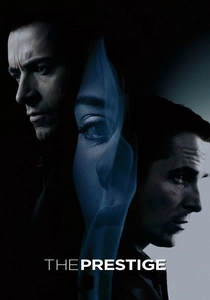
The Prestige (2006)
Description: A tale of rivalry between two magicians in Victorian London, where the quest for the ultimate magic trick leads to a series of twists and turns, culminating in a revelation that redefines the very nature of magic.
Fact: The film was inspired by a novel by Christopher Priest. The title refers to the third act of a magic trick, where the magician reveals the trick's secret.
 Watch Now
Watch Now
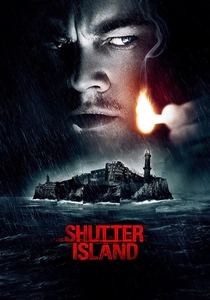
Shutter Island (2010)
Description: Set in 1954, this psychological thriller follows a U.S. Marshal investigating the disappearance of a patient from a psychiatric hospital, only to uncover layers of deception and a mind-bending truth.
Fact: The film is based on the novel by Dennis Lehane. Leonardo DiCaprio was originally set to star in a different project with Martin Scorsese before this film was chosen.
 Watch Now
Watch Now

Inception (2010)
Description: A professional thief who steals information by infiltrating the subconscious is offered a chance to erase his criminal record by planting an idea into a target's mind, leading to a labyrinthine plot with multiple layers of reality.
Fact: The film took ten years to develop. The spinning top used in the film was created specifically for the movie and is now a collector's item.
 Watch Now
Watch Now
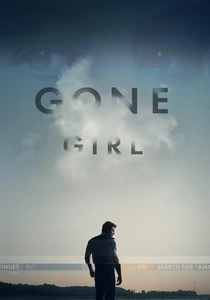
Gone Girl (2014)
Description: When a woman disappears on her fifth wedding anniversary, her husband becomes the prime suspect. The film unravels a complex web of deceit, manipulation, and a twist that turns the narrative on its head.
Fact: The film was adapted from Gillian Flynn's best-selling novel, with Flynn herself writing the screenplay. The movie's ending differs slightly from the book.
 Watch Now
Watch Now
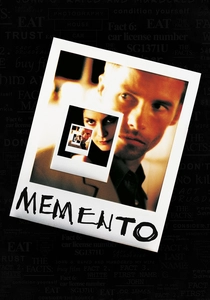
Memento (2000)
Description: Told in reverse chronological order, this film follows a man with short-term memory loss who uses notes and tattoos to hunt for his wife's murderer, leading to a twist that redefines the entire story.
Fact: The film was shot in two different ways: in color for the scenes moving backward and in black-and-white for the scenes moving forward. Christopher Nolan wrote the script based on his brother's short story.
 30 Days Free
30 Days Free


